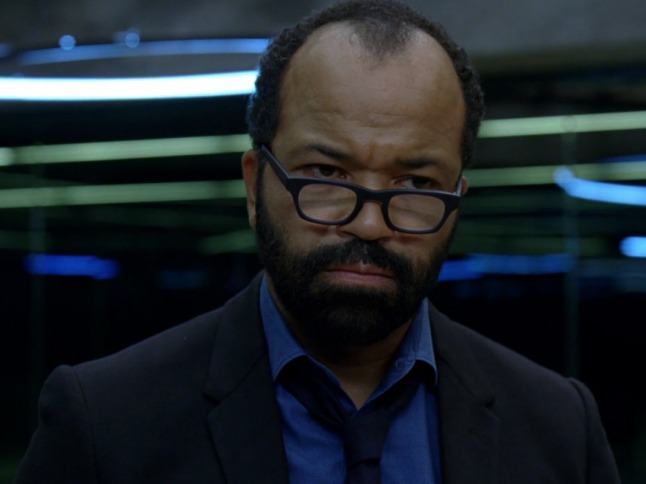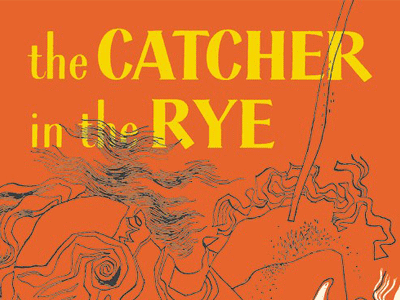Structure is integral to any story. The story is essentially about delivering information to the audience in a compelling way. Many stories are told in a linear fashion. There’s nothing wrong with this approach at all – it simply depends on the type of story you are trying to tell. Often, if there’s a large amount of characters or if simplicity with regards to the plot is the main aim, the story will only be told in this way to not confuse the audience. Many action films, for instance, are told in this fashion because delivering spectacle is one of their aims. While the story can, of course, still be compelling, keeping the story as simple as possible (a character has to get from A to B) means the narrative can be better focused on delivering the high-octane action that audiences thrive on.
This, however, is not always the best approach, as I’m going to demonstrate. You’ll hear in many workshops or discussion threads the phrase: the hero’s journey. It’s essentially the character arc that has been designed for the protagonist. One way to grip the audience into the journeys of your characters, and to immerse them to a greater level, is through flashbacks or flashforwards. This instantly places your narrative on more complex ground and comes with risks – if it’s not firmly established at some point when an event is taking place, it can take the audience out of the experience and simply confuse them. I have two excellent examples below of how a more complex narrative results in enriching the story and drawing the audience in.
The first is an excellent HBO show I’m currently catching up on: Westworld. Don’t worry, no spoilers here, as I’m only focusing on one very specific aspect. During season 2, a character called Bernard is struggling to remember events that have taken place. It becomes abundantly clear that these scenes are taking place in the “future” narrative which instantly builds tension. The destruction and rubble surrounding the character, as he attempts to establish what has been lost, only heightens the audience’s sense of dread. In these scenes, we are Bernard wondering to ourselves: what could’ve possibly happened here? If done correctly, a flashforward (which is essentially what these scenes are) helps build tension extremely well – think of how often thrillers use this technique to add to the sense of mystery. Not only that, but, as the season continues, Bernard slowly begins trying to piece together what happened; memories come to him as he enters certain rooms, or touches certain objects. This is often how memories flood back to ourselves. Not only are the memories designed to tease the audience regarding what’s actually happened but they place us in Bernard’s shoes; making us sympathise with him as he struggles to come to terms with what he may’ve done.

Another example of this is actually from a book I’m currently reading: Acid for the Children by the bassist Flea from Red Hot Chili Peppers. The autobiography is a coming-of-age story that covers his childhood and early adulthood growing up in the 1960’s and ‘70’s. It’s a fascinating read anyway but one thing that stood out to me, that truly made it unique, was how the book was clearly interested in detaching itself from a linear narrative. At many occasions, Flea actually flashforwards to explain why a particular scene is important or to provide more detail regarding why a specific person is important to him. It grips because, at its most effective, it adds layers to the previous scene. There are several times when he writes a lovely scene between himself and another only for the writing to change to italics to confirm the unfortunate way in which the other person died and how much he misses them. It creates a lived-in space; Flea is using the passage of time and the perspective with which he is writing the book to strengthen the stories within it. It’s an excellent tool and it only engrosses the reader further.
Linear narratives will always have their place, but there is something fundamentally human about flashforwards and flashbacks regarding how they link to someone’s memory. The technique personifies how we exist, learn and think as a species. How many times have you picked up something or gone to a place only for it to remind you of something incidental, that you haven’t thought of in years? As we are gripped with how techniques like this are used, we also identify with what it says about us – it immerses us because the faulty or brutal aspects of memory is something that we can all relate to and experience on a daily basis. It not only gives the writer a greater sense of freedom regarding how they want to tell the story, but the technique highlights that we are all passengers in time, living within its confines and forever remembering or forgetting the battles we’ve already faced.

